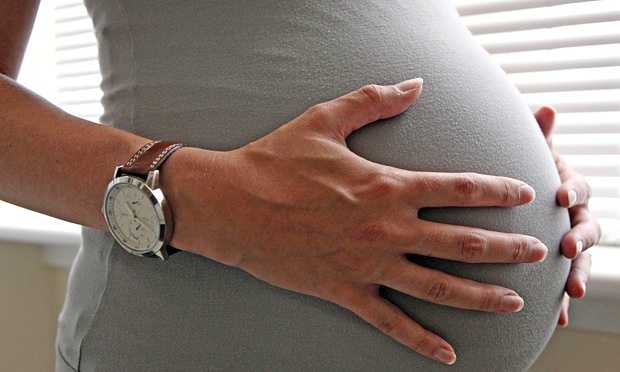Low-risk pregnant women urged to avoid hospital births
Someone at the NHS has seen the light! In what seems like a miracle, but yet is common sense, the NHS is now recommending that women with low-risk pregnancies should be encouraged to have “non-hospital births”. The National Institute for Health and Care Excellence, or “Nice”, says, “midwife-led care has been shown to be safer for women and recommends that all women with low-risk pregnancies – 45% of the total – should be advised that giving birth in a midwifery-led unit, whether attached to a hospital or not, is particularly suitable”.
What midwives have long known is that giving birth outside of a hospital means less chance of being forced or coerced into medical interventions (such as episiotomies, c-sections and the use of forceps) you don’t want or that may not be in your best interest- or the best interest of your child. Not to mention the fact that infections are more common in hospital wards, than at midwife birthing centers, or your own home.
The NHS panel is also reversing its decades old policy on cord clamping and recommending that midwives wait at least one minute, and up to five minutes, before cutting. The midwives I know wait much longer than five minutes and have been waiting for years, choosing to allow newborns to receive as much of the cord blood, which comes from the placenta, as they are able. But we are happy that changes are being made. A senior policy adviser for the National Childbirth Trust is happy about the advice but urges the NHS, “put these guidelines into practice as soon as possible and make home and community birth, a real, not just theoretical, option”.
To make this all possible, they are attempting to recruit around 5,000 extra midwives. What good news!
Knowing that midwives have a lower rate of medical intervention and obstetric ward transfers, and that it is vitally important for women to have the freedom to choose their own birthing plans, we hope this trend is on the rise. Just because something is old doesn’t mean it doesn’t have value or worth. We can learn a lot from “the old ways”.
Source: The Guardian












